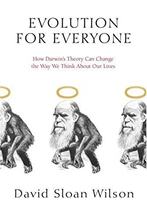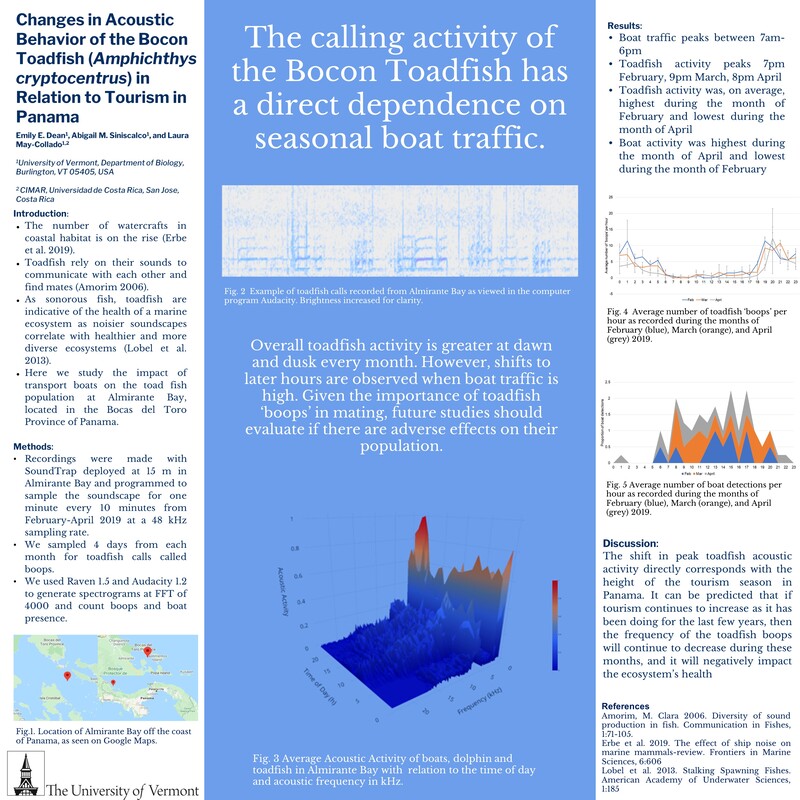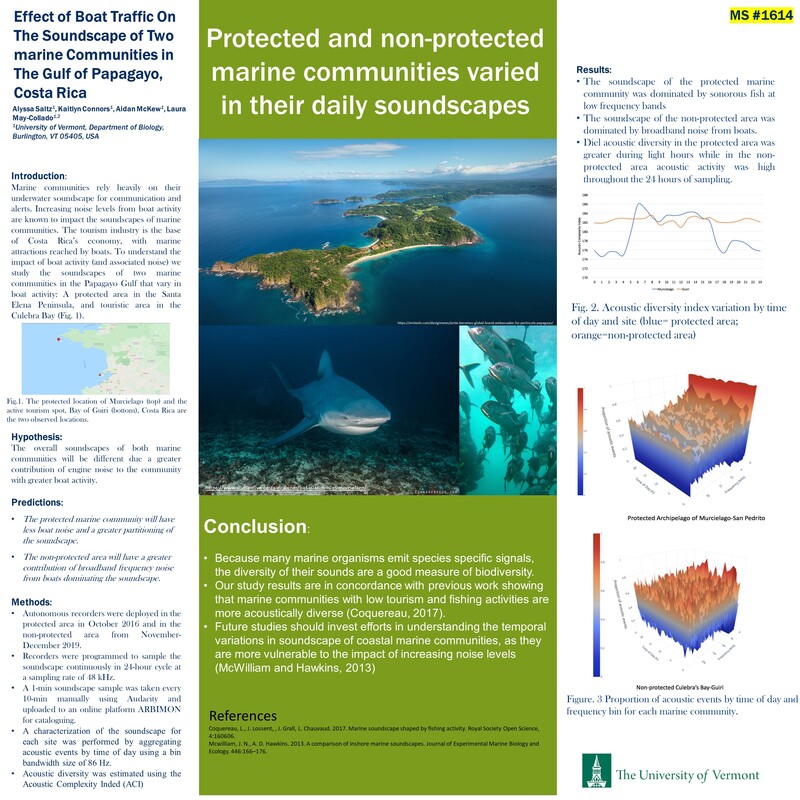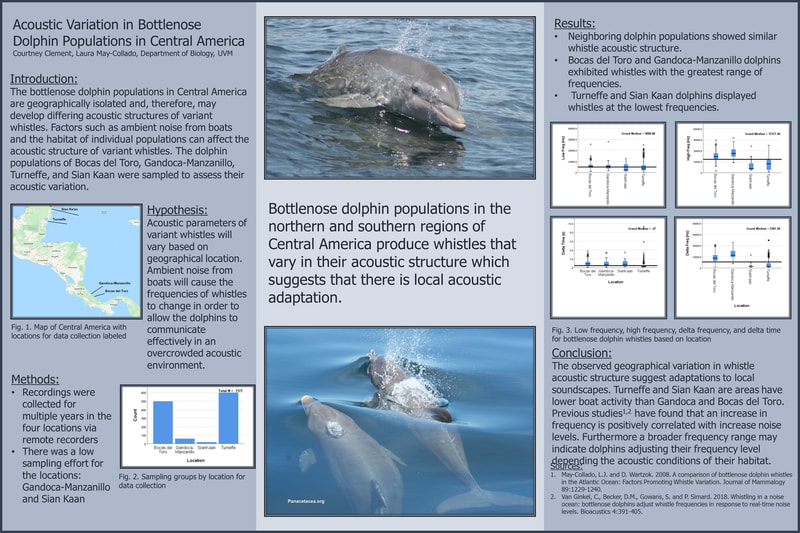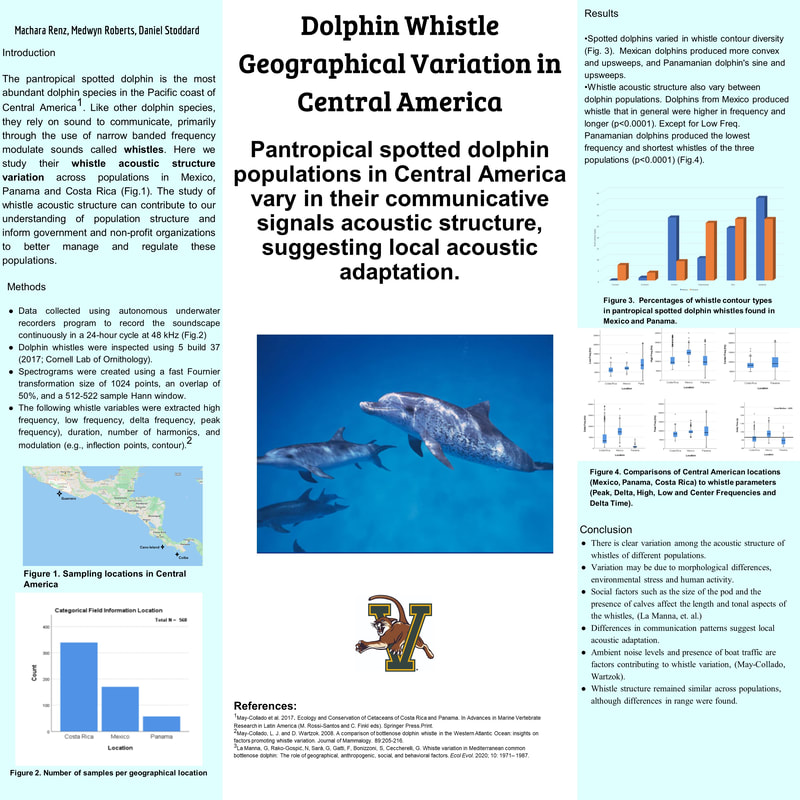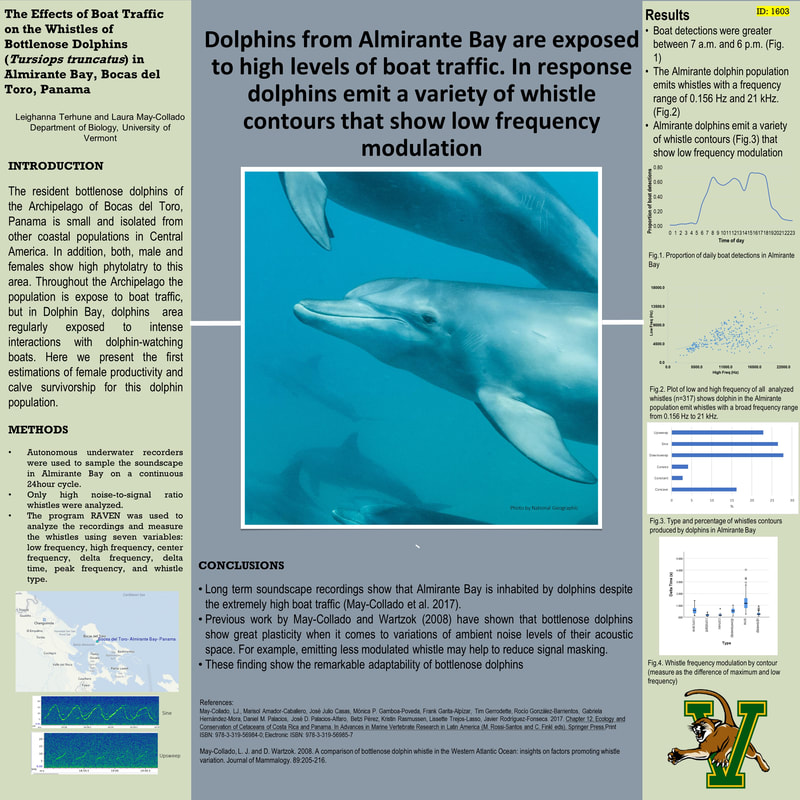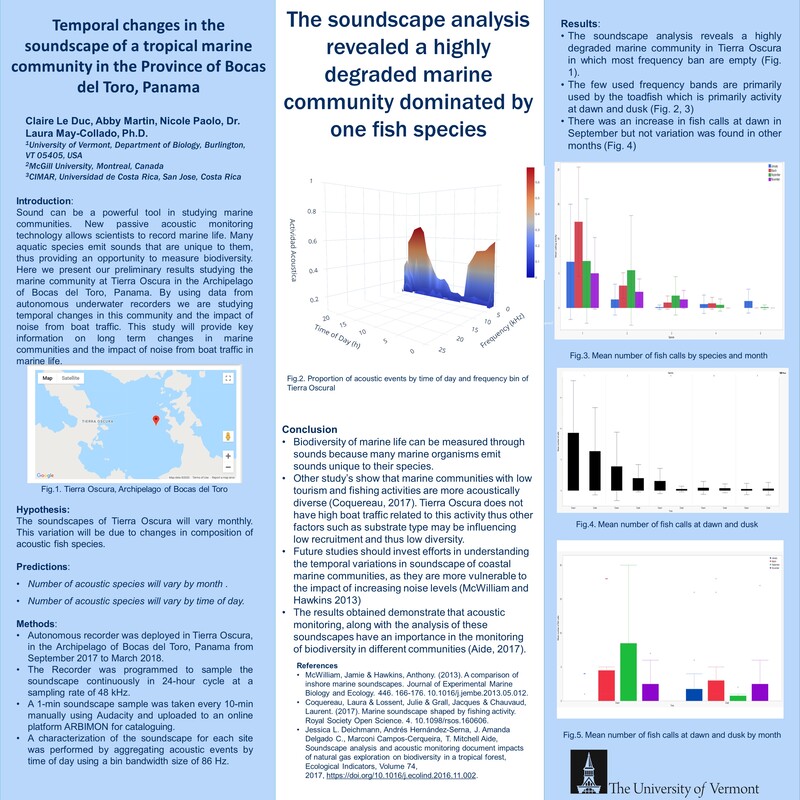The Life Science Scholar Program is a Learning Community for first year students in Biology, Biological Sciences, Neuroscience, Plant Biology and Zoology in The College of Arts and Sciences @ University of Vermont.
“Science is not a series of isolated Eureka! moments. Instead, good science takes time and involves failure, troubleshooting, discussions, re-evaluations, and—yes—frustration. Good science is always challenging; that’s what makes it fascinating.” Dr. Laura May-Collado, Program Director
From healthcare to genetic modification of bacterial populations, the life sciences provide critical information for addressing challenges in animals, plants, ecology, and pointedly human health. In this program, highly motivated students have the opportunity to take their passion for science to the next level through discussion, exploration, and hands-on research opportunities. Throughout the year, students take core science and math courses together, building foundations for a range of majors in the life sciences. In addition, in the fall semester students explore the latest Nobel-prize winning science through a discussion-based, writing-intensive seminar. In the spring semester, students have a dedicated research course in which they engage in all aspects of research: literature, reading and discussion, data processing, analysis, interpretation and scientific writing, and communication. Through the program, students create a dynamic environment for scientific communication, collaboration and mutual learning.
FOR MORE INFORMATION GO TO: https://www.uvm.edu/cas/deans_signature_full_year_integrated_tap_programs
Fall Semester: BCOR11 (+LAB); CHEM31 (+LAB), MATCH19; BIOL-096: NOBEL PRIZE SCIENTISTs TAP COURSE
Spring Semester: BCOR12 (+LAB); CHEM32 (+LAB); MATCH20; BIOL-095: CURE LASP ON SOUNDCAPES AND BEHAVIOR
FOR MORE INFORMATION GO TO: https://www.uvm.edu/cas/deans_signature_full_year_integrated_tap_programs
Fall Semester: BCOR11 (+LAB); CHEM31 (+LAB), MATCH19; BIOL-096: NOBEL PRIZE SCIENTISTs TAP COURSE
Spring Semester: BCOR12 (+LAB); CHEM32 (+LAB); MATCH20; BIOL-095: CURE LASP ON SOUNDCAPES AND BEHAVIOR
Why I chose this Book
Biological Evolution is the foundation for biology, and biology is the foundation for medicine. These are careers that many of you are aiming for. So, you ought to pay attention to biological and medical problems in an evolutionary context. For example, did you know that in ancient times human anxiety and agoraphobia (fear to open spaces) were behaviors that secured their survival? Anxiety is a “fight and flight” mechanism build into our brains to escape danger, but when triggered at the wrong time it becomes a panic disorder. My goal with this book is to introduce you to the foundations of evolution early in your careers while at the same time invite you to apply evolutionary thinking to every aspect of your life.
Biological Evolution is the foundation for biology, and biology is the foundation for medicine. These are careers that many of you are aiming for. So, you ought to pay attention to biological and medical problems in an evolutionary context. For example, did you know that in ancient times human anxiety and agoraphobia (fear to open spaces) were behaviors that secured their survival? Anxiety is a “fight and flight” mechanism build into our brains to escape danger, but when triggered at the wrong time it becomes a panic disorder. My goal with this book is to introduce you to the foundations of evolution early in your careers while at the same time invite you to apply evolutionary thinking to every aspect of your life.
Online Resources
Author’s Wikipage: https://en.wikipedia.org/wiki/David_Sloan_Wilson
Evolution Institute: https://evolution-institute.org/profile/david-sloan-wilson/
New York Times book review: https://www.nytimes.com/2007/04/08/books/review/Angier.t.html
Author interview on NPR: Can evolution breed better communities?
https://www.npr.org/2011/08/28/140017376/can-evolution-breed-better-communities
TEDxBinghamton University: https://youtu.be/ikZYy7lTfNA
My challenge to you
Too often students say, ‘why am I learning this?! I’ll never use it in my life!’ Well, I would like to challenge you to say this by the end of your first year in our LSS program! Do not memorize information to pass an exam, scientists are autodidacts we have a hunger for learning, and then we take what we learn from one field and apply it to another. Scientists are always making connections. Take Dr. Tu Youyou as an example, she is the first Chinese women to win a Nobel prize in medicine. Dr. Youyou took what she learned from ancient Chinese medicine, specifically a plant used to treat fever 1,700 years ago to understand the biochemistry of the plan and then develop an anti-malarial drug!
Reading as a community: 3rd week of July we'll begin scavenger hunts related to the book chapters
August Discussion:
Author’s Wikipage: https://en.wikipedia.org/wiki/David_Sloan_Wilson
Evolution Institute: https://evolution-institute.org/profile/david-sloan-wilson/
New York Times book review: https://www.nytimes.com/2007/04/08/books/review/Angier.t.html
Author interview on NPR: Can evolution breed better communities?
https://www.npr.org/2011/08/28/140017376/can-evolution-breed-better-communities
TEDxBinghamton University: https://youtu.be/ikZYy7lTfNA
My challenge to you
Too often students say, ‘why am I learning this?! I’ll never use it in my life!’ Well, I would like to challenge you to say this by the end of your first year in our LSS program! Do not memorize information to pass an exam, scientists are autodidacts we have a hunger for learning, and then we take what we learn from one field and apply it to another. Scientists are always making connections. Take Dr. Tu Youyou as an example, she is the first Chinese women to win a Nobel prize in medicine. Dr. Youyou took what she learned from ancient Chinese medicine, specifically a plant used to treat fever 1,700 years ago to understand the biochemistry of the plan and then develop an anti-malarial drug!
Reading as a community: 3rd week of July we'll begin scavenger hunts related to the book chapters
August Discussion:
- What are the 3 ingredients needed for evolution by natural selection to happen?
- How does evolution by natural selection explains the evolution of behaviors such as infanticide? Anxiety? Gossip? Select one behavior from the book and apply evolutionary reasoning (think of hypothesis and testable predictions).
- You wrote a fantastic application on a science news of your interest. How would you approach your application now that you know more about evolution?
